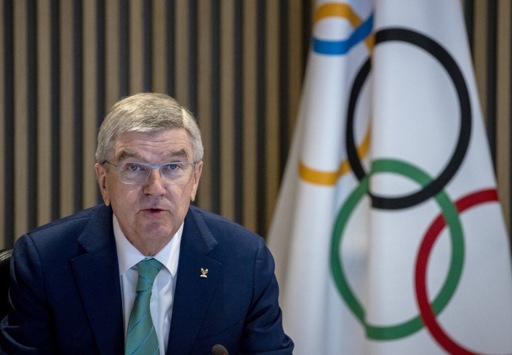The consequences of climate change on winter sports are “alarming,” Thomas Bach, president of the International Olympic Committee (IOC) told German news agency DPA on Wednesday.
By 2050, “between 50% and 60% of the winter sports areas in Europe that were considered safe in terms of snow cover and suitable for the Olympic Games would no longer exist,” the IOC boss said.
Knowing this, the regions concerned would no longer invest in snow and ice sports, but would instead focus on other sources of income, such as hikers and mountain bikers.
The number of venues able to host world championships and winter games would therefore shrink considerably, Bach fears.
Climate change means shorter winters
Another problem is that winters will get shorter with climate change. “This raises the question of how much time is left to organise a World Cup, World Championships, Olympic or Paralympic Games,” says Bach.
The IOC recently postponed the award of the 2030 Winter Games, originally scheduled for next year, to 2024.
According to the IOC, this decision was also motivated by the fact that the selection commission first had to consult experts and associations on the consequences of global warming on sustainable winter sports.
Sapporo reviewing its bid for the 2030 games
So far, three cities have expressed interest in the 2030 games: Salt Lake City, Sapporo and Vancouver.
However, Sapporo has just announced that it is suspending promotion of its bid. It plans to hold a nationwide poll to gauge public support after a corruption scandal linked to the 2020 Summer Games in Tokyo.
The next Winter Games will be held in 2026 in Milan and Cortina d’Ampezzo, Italy.

